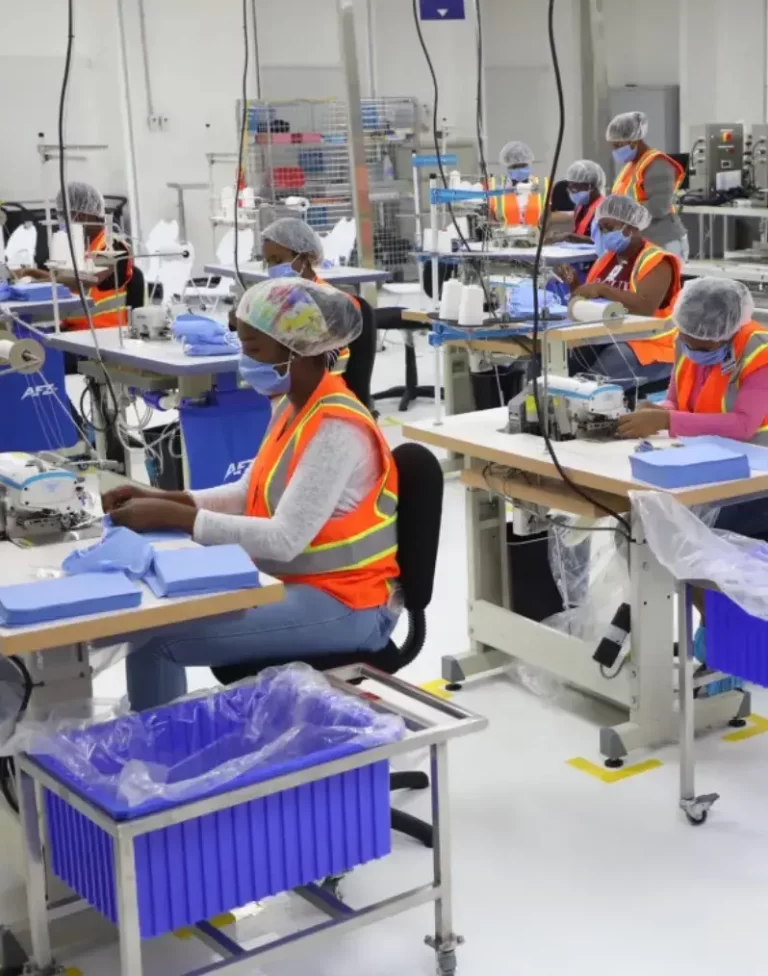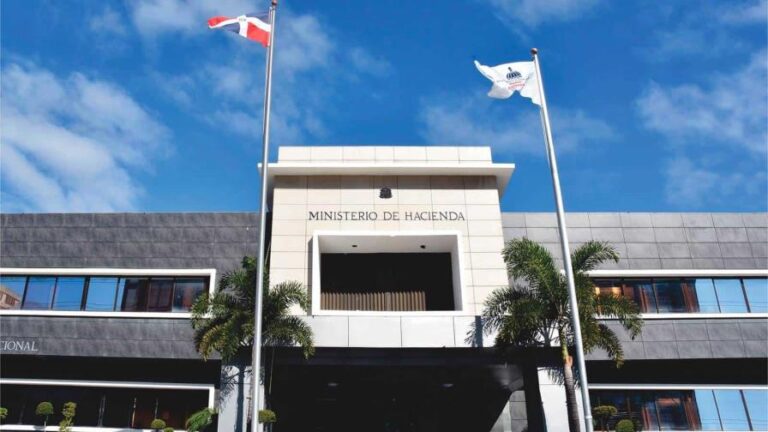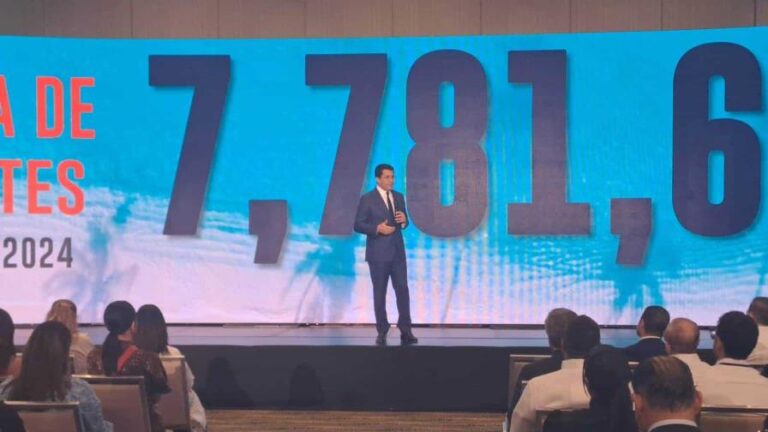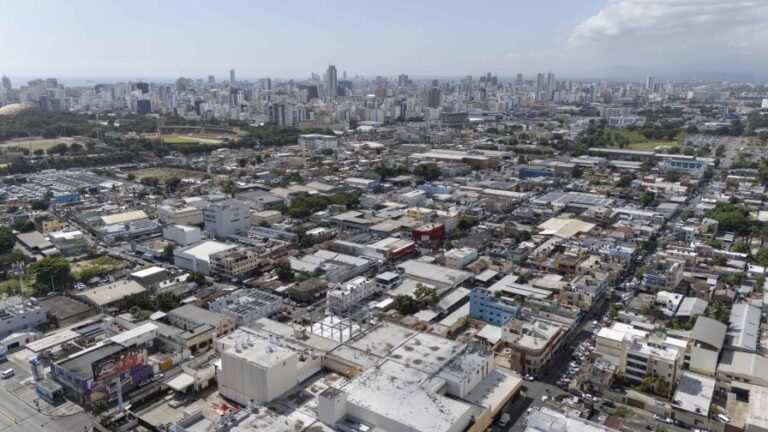Foreign Direct Investment (FDI) has been the second most dynamic factor in the Dominican economy since 2014, which means that doubling FDI would generate an additional increase in gross domestic product (GDP) growth of 2.3 percentage points and create 57,000 new formal jobs per year, meaning more than 200,000 in the next four years.
This is according to the study “Impact of foreign investment in the Dominican Republic: let’s double investment”, presented by the Dominican Association of Foreign Investment Companies (Asiex).
The entity also proposed creating a national strategy to promote investments and reinvestment with the aim of doubling FDI in the Dominican Republic by 2028
President Luis Abinader was at the presentation of the study. He said that the data presented yesterday “are very clear, and account for the hard work carried out in recent years by industries and the government in the transition process towards a diversified, dynamic, modern and resilient economy.”
He pointed out that FDI “constitutes an essential element of economic development policies because of its impact on local production and the generation of confidence among investors by eliminating bureaucratic obstacles and the consolidating the levels of transparency.”
He said that, since taking office, his government has been promoting a policy of mutual collaboration between the private sector and the Dominican State.
“We firmly believe that it is a very good way to generate jobs, guarantee legal certainty for companies and to encourage large-scale investment,” he said.
FDI in 2023
According to the study foreign direct investment will have reached $4.2 billion in the country by the end of 2023.
Foreign direct investment has also increased by 64% since 2020. Furthermore, in 2023, the most dynamic sectors are energy (26.2% of the total) and tourism (24.7%).
According to Alejandro Peña Prieto, president of Asiex, the study reveals that sustained investment by FDI companies accounted for 3.9% of GDP in 2022.
In addition, these companies accounted for 73% of national exports (US$ 8,938 million), contributed 18.8% to the private sector in social security and generated more than 200,000 formal quality jobs.
FDI companies also contributed 30% of all direct or indirect tax revenues ($4.398 billion), equivalent to 89% of the education budget, 95% of debt service, or twice the annual health budget.
The proposed strategy
The study was presented by Alejandro Grisanti, director of Ecoanalítica, who pointed out that the firm and Asiex suggest creating a work agenda that brings together the players with a high rate of local and foreign investment with the aim of increasing said investments in the coming years.
The proposed topics include directing an action plan to achieve investment grade by 2028, broadening the development plan for friendshoring and free zones, strengthening the logistics hub and investment in infrastructure, and modernizing Law 16-95 that regulates FDI.
They also suggest speeding up the effective implementation of the zero-bureaucracy program, continuing to invest in human capital, supporting the development of sustainable investment projects, maintaining the review of strategic sectors to develop new investments, and continuing to promote spaces to set up free zones.
Cumulative FDI
Between 2019 and 2022, the Dominican Republic accumulated foreign direct investment amounting to US$ 12,788 million, of which the USA accounts for 35.09% share after reaching $4.598 billion, followed by Mexico, Spain, Canada, British Virgin Islands, Panama, and Italy.
Acknowledgment for President Abinader
During the event, the Asiex board of directors of acknowledged President Abinader for his “leadership” in devising and implementing public policies that have led to a “historic” growth of foreign investment in the Dominican Republic and for his “strategic vision” of working together with the private sector to create an “environment conducive to economic development, prosperity and increased investment and reinvestment.”
In addition, for “his commitment to maximizing human development through economic growth,” as well as for “his leadership in initiatives” to achieve the global positioning of the Dominican Republic as a key point of regional trade interconnection, and for “turning his management into an essential pillar to generate opportunities and jobs for the benefit of all citizens”.
President Abinader said that this recognition gives him a greater commitment to continue working “on a steady course” to lead the country towards the social well-being that all Dominicans deserve, consolidating growth by creating investment opportunities and strengthening the policies that foster all these achievements.
Source:





